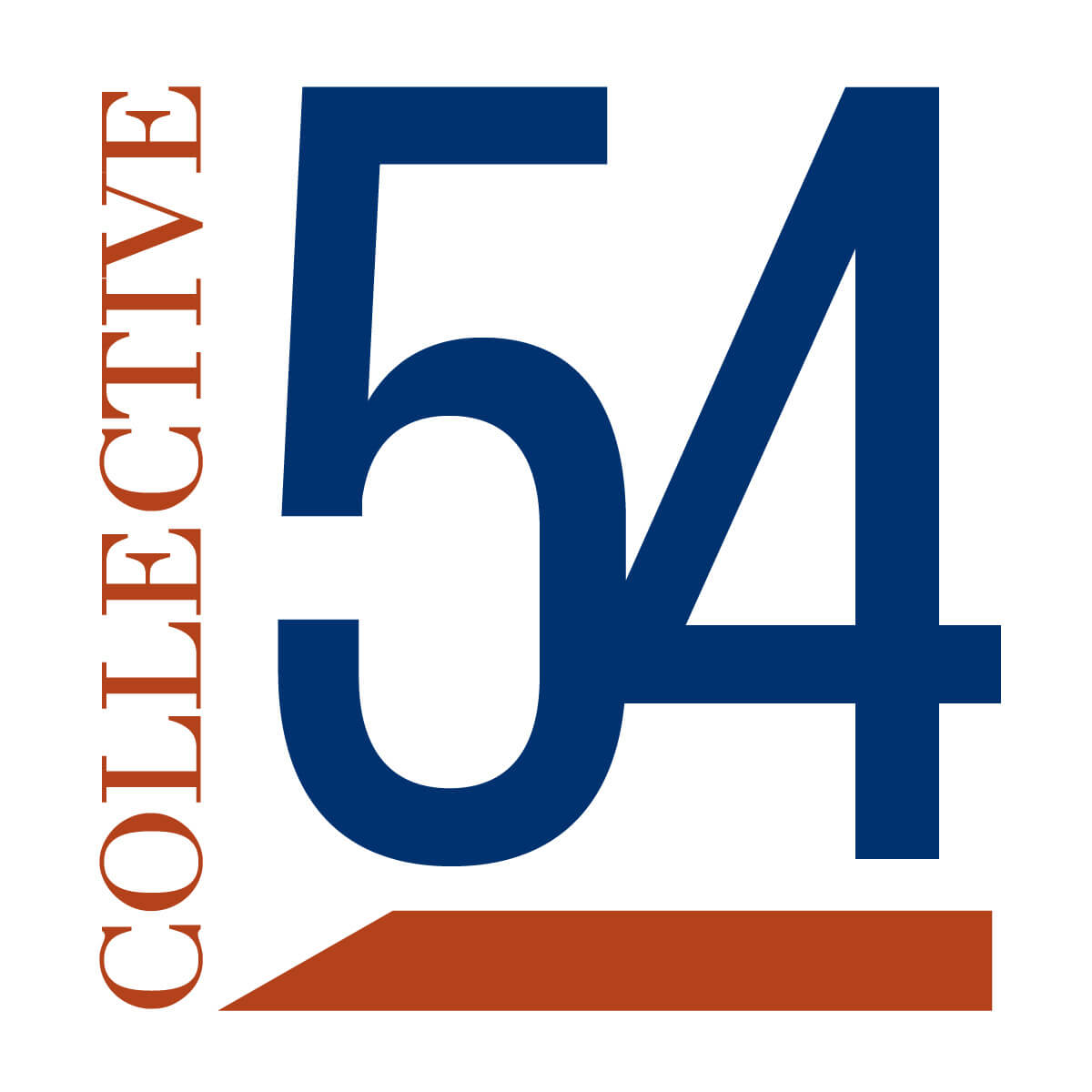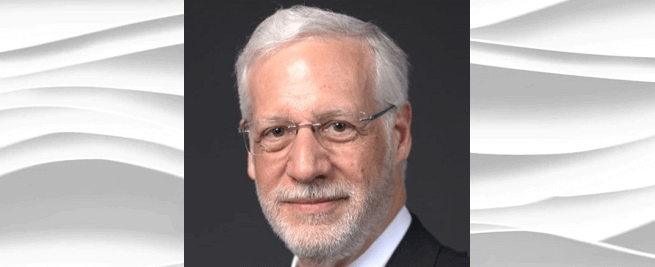Episode 81 – Why, and When, a Professional Services Firm Should bring Recruiting In-House – Member Case with Don Goldstein
Your ability to recruit talent is critical to scaling a market-leading boutique. On this episode, we interview Don Goldstein, CEO of 5Q Partners and he shares how he decided to invest in an internal recruiter and its overall impact on the organization.

